১০ ফাল্গুন ১৪৩২
Canadian Govt. Seeks Power to Cancel Visas for India and Bangladesh
04 November 2025 20:11 PM
NEWS DESK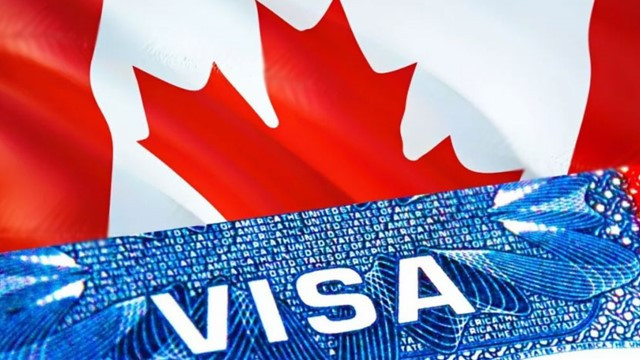
The Canadian government is seeking new powers to cancel groups of temporary visas, partly over suspected fraud in applications from India and Bangladesh, according to internal documents reviewed by CBC News.
A presentation to the immigration minister’s office said Immigration, Refugees and Citizenship Canada (IRCC), the Canada Border Services Agency (CBSA) and unnamed U.S. partners have formed a working group to identify and cancel fraudulent visitor visa applications. India and Bangladesh were cited as “country-specific challenges” in the report.
The proposed powers are included in Bill C-12, part of a new border control framework derived from an earlier version of Bill C-2. The provision would allow Ottawa to cancel classes of visas in exceptional cases such as pandemics, wars, or for visa holders from specific countries.
Publicly, Immigration Minister Lena Diab has cited emergencies like pandemics or conflicts as possible triggers for the measure. However, the internal notes reviewed by CBC suggest that the government is also considering using the powers to address fraud concentrated in particular regions.
Rising fraud concerns and declining approvals
Civil society groups and immigration lawyers have questioned the scope of these proposed powers. The Migrant Rights Network warned that they could enable a “mass deportation machine,” while lawyers suggested the move may be aimed at clearing backlogs rather than addressing genuine security risks.
The concern over visa fraud is not limited to visitor visas. Data shared with Reuters in a separate government briefing showed a steep rise in rejections of Indian student visa applications in 2025. About 74% of Indian study permit applications in August 2025 were rejected — more than double the rate of a year earlier. The number of Indian applicants also dropped from nearly 21,000 in August 2023 to about 4,500 in 2025.
Canadian authorities say the spike in refusals follows the detection of over 1,550 fraudulent letters of acceptance from India in 2023. By 2024, the verification system had identified more than 14,000 potential fake letters from all applicants worldwide. Officials say enhanced checks and stricter financial requirements have been introduced to protect the system.
“Some of the best quality students available in the world are from India, and Canadian institutions have in the past greatly benefited from the talent and academic excellence of these students,” The Indian embassy in Ottawa said it had taken note of the trend.
Impact on immigration flow and education links
The tightening of visa rules has affected both temporary and student applicants from India. The internal presentation cited by CBC showed that asylum claims by Indian nationals rose from fewer than 500 a month in mid-2023 to around 2,000 by July 2024, prompting additional scrutiny. Processing times for temporary resident visas from India also lengthened, while approvals declined as more resources were devoted to verification.
Universities are already feeling the effect. The University of Waterloo, home to Canada’s largest engineering school, reported a two-thirds drop in the number of Indian students joining its undergraduate and graduate programs over the past few years. Similar declines have been recorded at the University of Regina and the University of Saskatchewan.
Ian VanderBurgh, associate vice president of strategic enrolment management at the University of Waterloo, told Reuters the change has altered the institution’s diversity profile.
“We pride ourselves on being an international university,” he said.
Balancing border integrity and bilateral ties
In a response to media questions, IRCC said it has taken “concrete steps to minimize unnecessary border volumes, increase information sharing and reduce non-genuine visitors and illegal crossings.” The department reported a 97% drop in illegal US crossings and a 25% increase in visa refusals for fraud compared with the same period last year.
Officials said that any use of mass cancellation powers would require approval by the Governor in Council and would be published in the Canada Gazette, detailing the reasons, affected groups, and any exceptions or refunds.
The request for expanded powers comes as Ottawa works to repair its strained relationship with New Delhi. Relations soured after former Prime Minister Justin Trudeau alleged Indian involvement in the 2023 killing of Sikh activist Hardeep Singh Nijjar, a claim India denied.
In June 2024, Indian Prime Minister Narendra Modi met his Canadian counterpart Mark Carney during the G7 summit in Alberta, signaling an effort to restore cooperation. Both countries have since appointed new high commissioners to rebuild ties.
Global Affairs Canada has not commented on whether the proposed visa powers could affect the diplomatic reset.





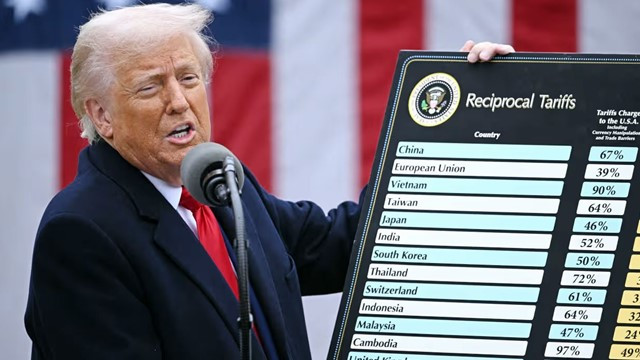
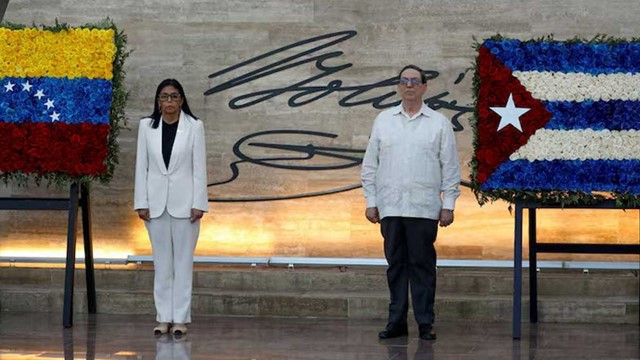
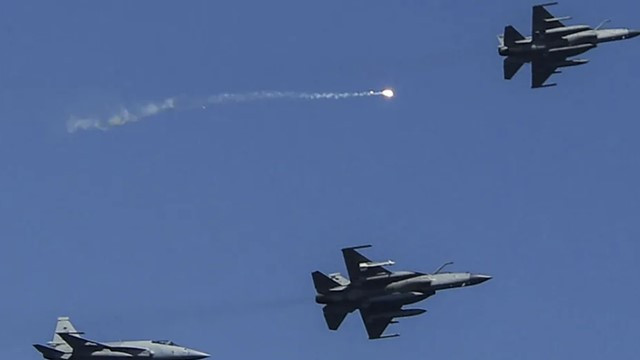
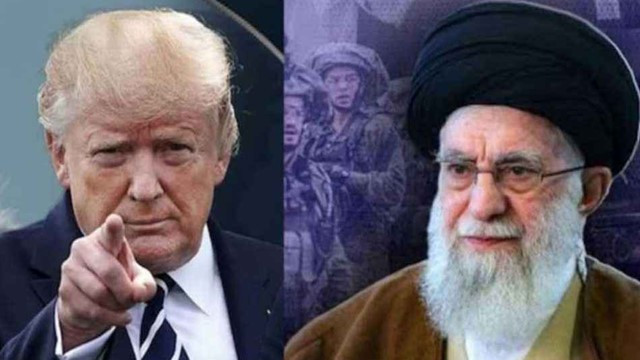
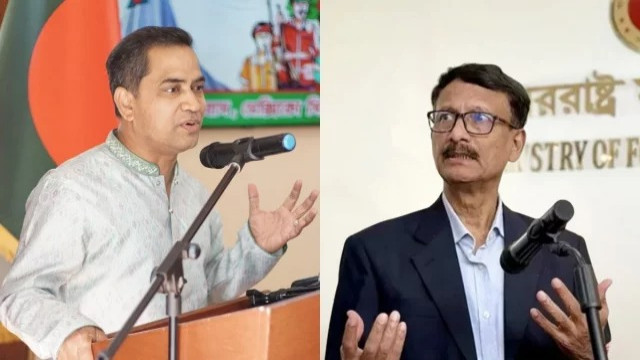
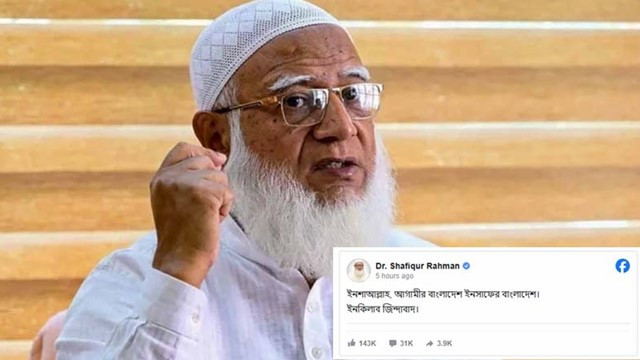
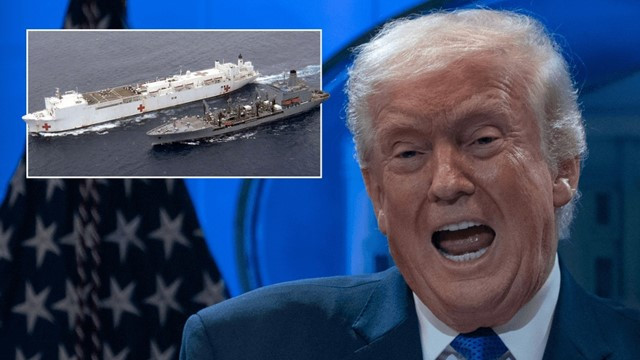
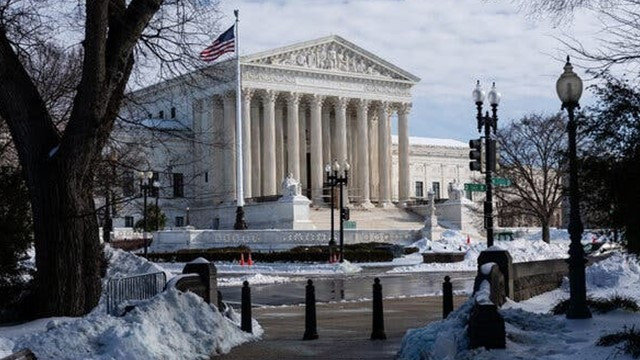
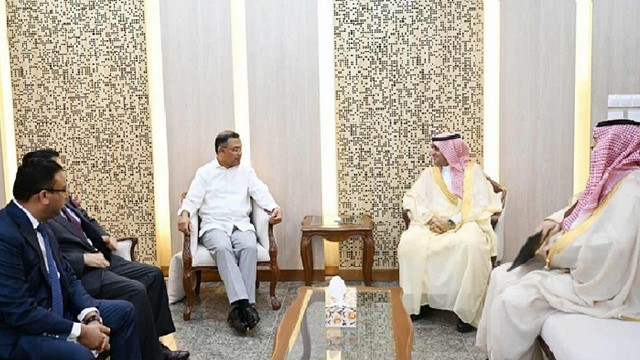
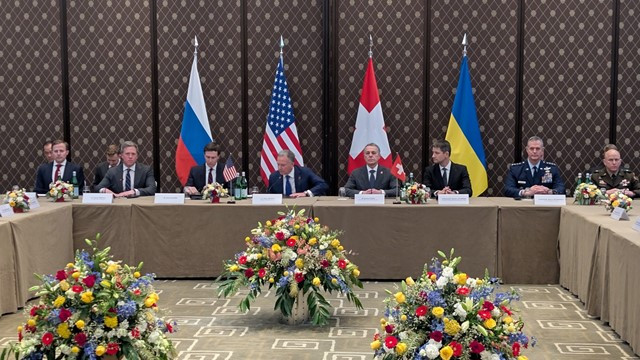
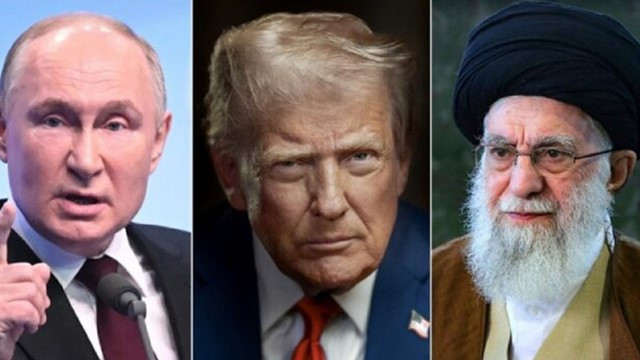
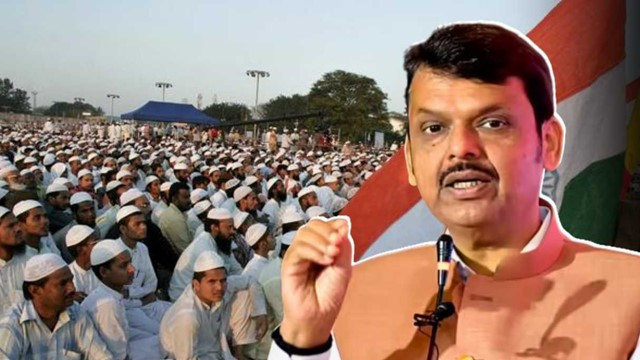
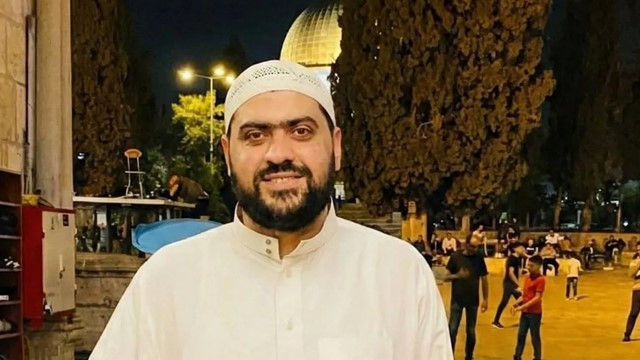
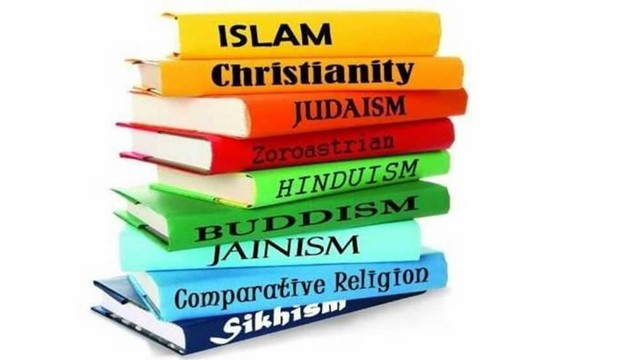
Comments Here: